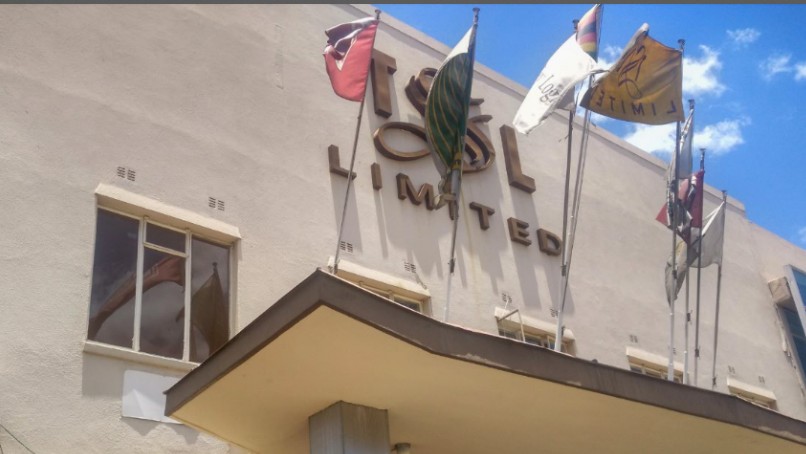Pricing headache for TSL as local dollar plummets
TSL Limited says local currency devaluation and the widening gap between the official and parallel market exchange rates, is presenting pricing difficulties for its goods and services.
The phenomenon has not been peculiar to TSL operations, but to a number of businesses in the retail and other productive sectors of the economy as the country is increasingly dollarising.
Likewise, businesses and individuals are facing difficulties in planning and conducting transactions as they struggle to anticipate exchange rate movements.
At this week’s auction Reserve Bank of Zimbabwe’s (RBZ) weighted average rate stood at $5,396, while the parallel market rate still hovers between $8 000 and $9000 against the green back.
Also, inflation against the local currency has remained elevated in the Zimbabwean economy, albeit growing efforts by the government to arrest the sharp depreciation.
As such, the government has over time been crafting a raft of measures and recently instituted mechanisms to reduce the premium and gap between the official exchange rate.
The official foreign exchange rate went to an all-time low of $6,926 on 20 June 2023 after the liberalisation of the market by the central bank.
According to TSL the operating environment and cost of doing business in the half year to April 2023 was turbulent given the erratic power supply which consequently led to reliance on alternative sources of energy like diesel generators.
“The local currency continued to depreciate against the USD with a widening gap between the official exchange rate and rates obtained on the alternative market. This has brought with it attendant challenges in the pricing of goods and services.
“There are numerous exchange rates prevalent in the marketplace which inflate the Zimbabwean dollar cost structure of the business whilst foreign currency revenues are recorded at the official exchange rate,” said TSL chairman, Anthony Mandiwanza in a statement accompanying the half-year results to April 2023.
According to analysts, every economy needs a stable currency for it to develop but that has not been the situation with Zimbabwe.
The group’s revenue and operating profit in the half-year period surged by 140 and 257 percent in inflation-adjusted terms respectively, attributable to a vibrant volumes growth across all business divisions but an outstanding performance in the tobacco segment.
General performance in the agricultural trading division was buoyed by improved performance in the tobacco segment where 44 percent growth in sold tobacco was recorded whilst independent auction volumes went up by 63 percent.
This is on the back of improved sales of national tobacco crop as of April, whose deliveries were 35 percent ahead of 134 million kgs (April figures) with the average tobacco price remaining firm at US$3 per kilogramme.
On the other side, the group began to reap dividends from the 25-hectare banana plantation expansion, whose output has mainly been earmarked for the export market.
Owing to this expansion, banana volume uptake grew 87 percent ahead of the prior comparable period.
Albeit the obtaining difficulties in the operating environment, TSL said it took an initiative and deployed capital for expanding capacity, improving operating efficiencies, securing new business, and enhancing the use of technology all of which enhanced the firm’s profitability.
-ebusinessweekly









